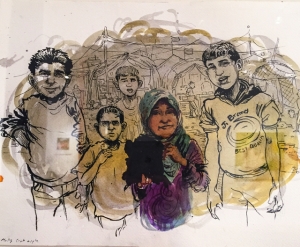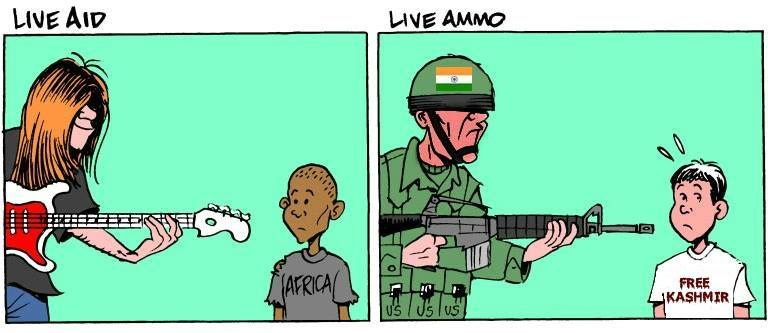A version of this first appeared in The National.
During the Cold War there was an attempt by both major powers to instrumentalise art as a means of ideological domination. The artistic landscape was fraught with political landmines. Artists had to navigate this terrain with caution. Some became willing instruments of policy, some were coerced into it, some made expedient compromises—but many were snared unwittingly.
The eastern bloc’s means of control were explicit, hence better known. They were exemplified in the persecution, fear, and exile suffered by the likes of Boris Pasternak, Anna Akhmatova, Osip Mendelstam, and Alexander Solzhenitsyn. They have also been fictionalized in popular films like Henckel von Donnersmarck’s The Lives of Others.
Less known however are the means that the ‘free world’ used to engineer a favourable intellectual climate. Decidedly more tolerant of dissent than its eastern counterpart, the west developed a system of rewards and exclusion to amplify favourable voices and marginalise critical ones.
This vast apparatus was orchestrated and conducted by the analytical wing of the CIA, which in its halcyon days relied on Ivy League recruits, often with backgrounds in the humanities. Erudite and urbane, these recruits were seen as the ideal candidates to erode the seductive appeal of Soviet communism. They could counteract it through a strong anti-communist line that emphasized the western ideals of freedom and openness.
 Finks: How the C.I.A. Tricked the World’s Best Writers is Joel Whitney’s riveting account of the CIA’s machinations to enlist some of the world’s leading writers in this ideological contest. Part literary history, part investigative journalism, the book unravels hitherto unknown details about the CIA’s vast cultural offensive.
Finks: How the C.I.A. Tricked the World’s Best Writers is Joel Whitney’s riveting account of the CIA’s machinations to enlist some of the world’s leading writers in this ideological contest. Part literary history, part investigative journalism, the book unravels hitherto unknown details about the CIA’s vast cultural offensive.
Whitney’s story pivots around The Paris Review, a highly regarded literary publications best know for its series of interviews with literary giants such as Ernest Hemingway, William Faulkner, T. S. Eliot, Thornton Wilder, and Vladimir Nabokov, and fiction and poetry from the likes of Jean Genet, Samuel Beckett, Philip Larkin, V.S. Naipaul and Philip Roth.
But in 1953 when it was launched, one of The Paris Review’s three co-founders, the novelist Peter Mathiessen, was working for the CIA and using the magazine as cover. George Plimpton, the Review’s other co-founder, was also aware that the magazine’s benefactor, the Congress for Cultural Freedom (CCF), was heavily funded the by the CIA. The CCF sustained The Paris Review by mass purchasing its copies, syndicating its content, and paying extra for material that aligned with Cold War imperatives. The CCF also tried to influence the magazine editorially. This despite the fact that the Paris Review wasn’t even part of the large stable of magazine’s that CCF directly funded and controlled.

 This review was
This review was 





